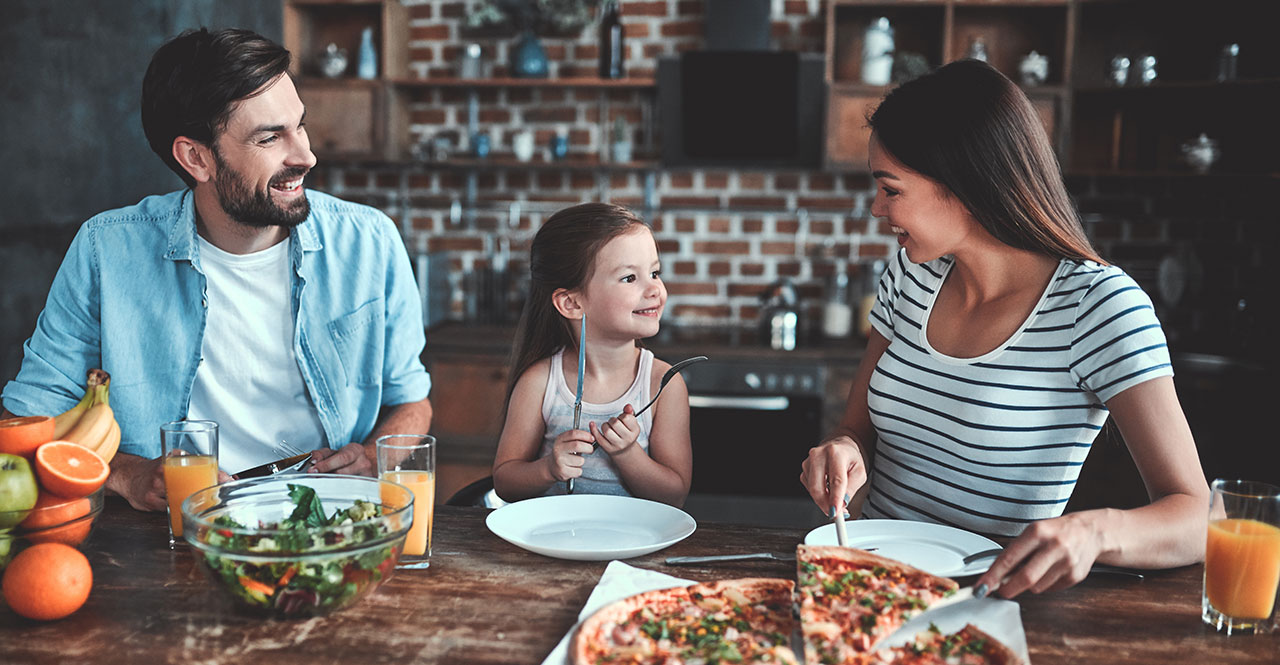
Food is in a golden age.
Never before has it held the kind of cultural sway that it holds right now — chefs are household names, every home-cooked meal aspires to be Instagram ready, and culture wars are fought from the outposts of food’s niches and fetishes — paleo, vegans, keto, fasting, nose-to-tail, slow food, farm-to-table, low-fat, and pre-made convenience food.
Supremacy in the world of food is hard-won territory, and our conversations about it reached a religious intensity. “Morality” is applied to food choices with little room for culture, history, preference, or personal experience.
Food as a Science Project
Food plays so many roles: health, community, tradition, and pleasure, to name a just few. And yet for decades we’ve focused so much only on food and the impact it has on our health. Eating has become a kind of science project where the only justification for something is its nutritional impact.
We’re all concerned with the big question: What is a balanced diet?
On one hand, you balance categories of foods—protein, carbs, fat, veggies, fruit, grains, sugar. On the other hand, you balance the roles food plays—nutrition, tradition, connection, and pleasure.
If we’re interested in developing a life-long relationship with food that nourishes us in both body and soul, it’s going to be worthwhile to explore the aspects we’ve forgotten about, ignored, indulged in shamefully, or simply don’t condone. Discovering and building a new relationship with food means being willing to find out what it all means to you.

Your Traditions Around Food
Where do your traditions come from? If you think you don’t have any, look again. You have habitual behaviors around food that you partake in whether you realize it or not. Traditions have value. They bind families and friends across generations. Created traditions have real power. Taking responsibility for them can literally change the future. Everything from holiday meals to Sunday morning donuts with your kids have real meaning and learning to integrate them into a complete picture of health and well-being in a way that brings you joy rather than guilt can be good for your body and your soul.
How do you connect with people over food? Coming together around the table is a precious opportunity. It is a chance to share your gifts, your talents, where you come from, and your contribution to your community. It has long been a way we have defined ourselves, a way we have celebrated, and a way we have mourned. When we come together to eat we often bring out foods that represent the abundance we share. Enjoying those aspects of eating as a celebration of a good life is an important and appropriate use of food, something we don’t need to regret, especially if our nutritional approach surrounding it is well crafted.
What is the value of enjoying food? Pleasure can get short moral shrift when it comes to eating. We all get pleasure from food, but sometimes associate it with something negative. When was the last time you took real pleasure from an indulgence and didn’t refer to it as a “cheat” or a “guilty” pleasure? These indulgences can be fully enjoyed in a life that balances all the important aspects of food. Just like we might drink a glass of champagne on New Years Eve and not worry about the long lasting effects of alcohol on our body, we can create times for other things that bring pleasure and joy without condemning ourselves to nutritional purgatory.
Indulgence has its place in our lives. It may be for tradition, connection, pleasure, or joy. But when we pay attention to nutrition as a whole, as something that nourishes our body and our heart, we can lay the foundation for different ways of using food that increases our health and brings us satisfaction.
Why do you even follow the guidelines you follow? Do you want health, strength, fitness? Is it religious or family tradition? Why do you accept and follow the rules you follow?
Where did you learn them? Was it as a child? Did you read it in a book? What made you accept them? Authority? Morality? How about how they made you feel?
Food impacts every body differently. If you want real freedom, figuring out the reason for your rules and then owning them—even if they turn out exactly the same—is an empowering act.
The Role of Food in Your Life
A complete relationship with food is a relationship of your creation. Stumbling through the process of creation can be challenging, but it can also be fun. By addressing what you really want—wellness, happiness, community—you can begin to build a relationship that is meaningful, empowering, and healthy.
And you don’t have to worry—you’re not stuck with anything forever. At this moment in time, I find that a low-carb, high-fat diet suits my needs. And I have pizza and wine with my family on Friday nights and a donut with my son on Sunday morning. They are routines that allow me to be healthy, celebrate life, and create depth to our relationships. It’s fun, it’s healthy, and it’s ours.



































